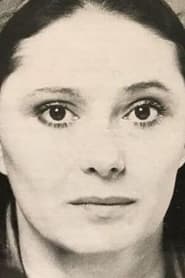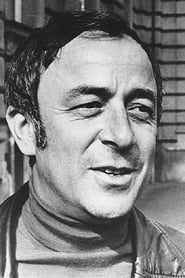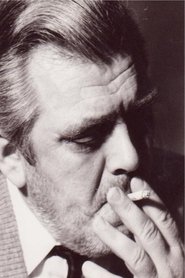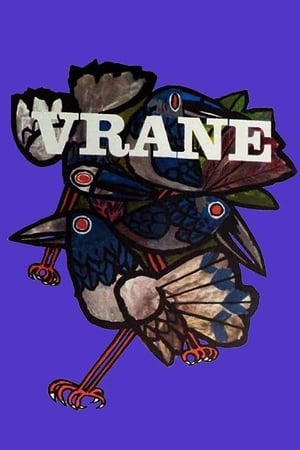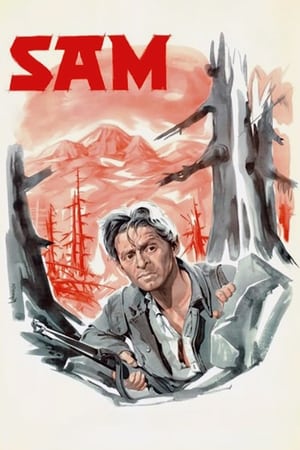Movie: Find a Way, Comrade
Top 10 Billed Cast
Franjo Smokvina
Kušlec - komandant brigade
Nadsatnik pl. Buzan
Lenka
Imbra Falačec
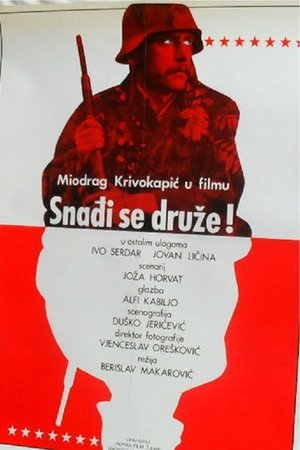
Snađi se, druže
HomePage
Overview
Based on a TV sit-com series and set in World War II, about how an ordinary woodcutter develops into an active partisan fighter.
Release Date
1981-07-09
Average
0
Rating:
0.0 startsTagline
Genres
Languages:
Keywords
Similar Movies
Days to Remember(de)
They meet in Yugoslavia. Katharina, daughter of a Yugoslavian immigrant worker, has grown up in the Federal Republic of Germany. She is a confident, energetic career woman who has managed to work her way up to become a successful television journalist. She goes to visit her parent's country, to do a story about the children of immigrant workers in their home country. Although she says she doesn´t need a "home" any more, even she feels strange in her own country. Peter is a rather "untypical" sort of man: a dreamer, a thinker. He has given up his steady job as a composer for advertising films and is divorced. He goes to Jugoslavia to find something out about the past. He travels to the places where his father was stationed during the Second World War.
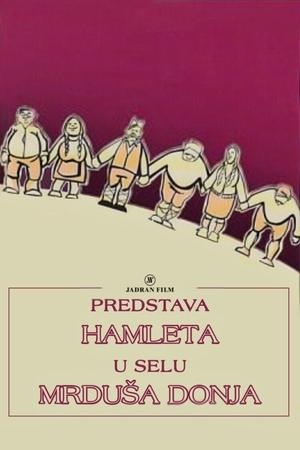 6.7
6.7A Performance of Hamlet in the Village of Mrdusa Donja(sh)
A corrupt village commissar insists on mounting a production of Hamlet. The clever local teacher, however, casts the son of a man framed for theft as Hamlet, and the commissar as the usurping king, leading to a climax of truly Shakespearean proportions.
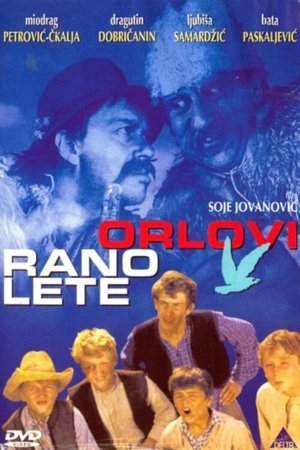 7.4
7.4Eagles Fly Early(sh)
A group of kids from the Bosnian village often run away from school from the terror of Pepper, a teacher who got his nickname because of his red nose. Soon they formed a brigand division, but have been discovered and caught. The sudden arrival of year 1941 turns their game into reality.
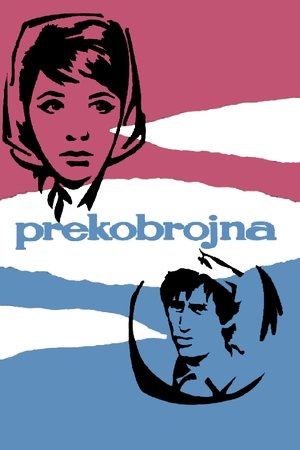 5.9
5.9Superfluous(sh)
Young farmer Mikajlo while on youth labour action falls in love with a student Nada and infatuated with her, he leaves the peasant brigade and Malena, a girl who as if she were overabundant, followed him to work the labour action. Mikajlo's courtship of Nada provokes laughter and ridicule, so ambitious 'Don Juan' returns to his brigade and the girl.
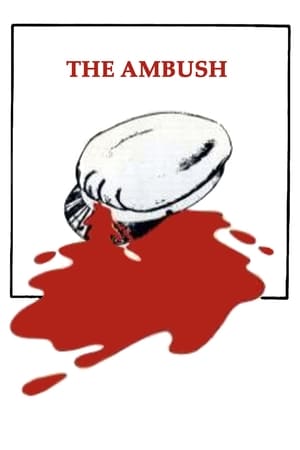 5.6
5.6The Ambush(sh)
Idealistic young man supports the party and the new Yugoslavia's communist regime, but soon gets involved in various political and criminal machinations becoming more and more confused about what's right and what's wrong.
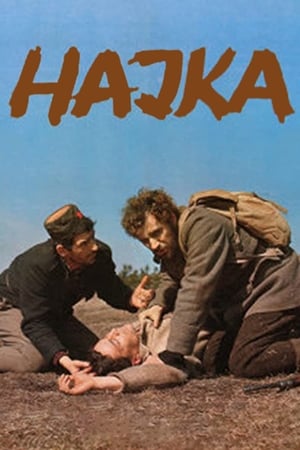 6.4
6.4Manhunt(sh)
The leftover disbanded partisan battalion draws Chetniks' attention, who push their plans of attacking the partisan headquarters aside and start hunting them instead.
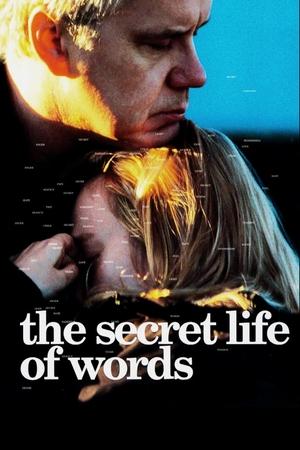 7.0
7.0The Secret Life of Words(en)
A solitary nurse bonds with a badly burned patient who survived an accident on an oil rig.
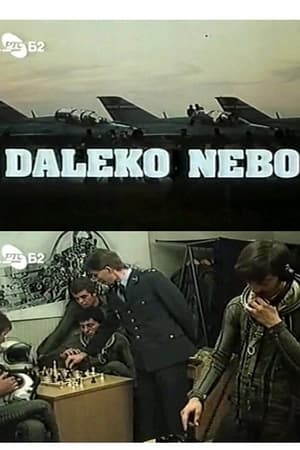 6.0
6.0The Far Sky(sh)
A youth has a burning ambition to be a pilot, but this is met with opposition by his mother because his father, also a pilot, was killed in a jet-fighter crash in a storm. The youth goes ahead with his career but one day he encounters a bad storm.
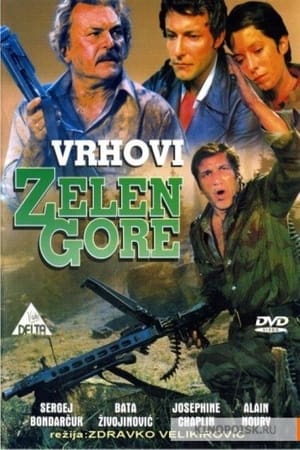 5.8
5.8The Peaks of Zelengore(sh)
During the Battle of Sutjeska, partisan troops must endure 24 hours of big and heavy attacks on German units Ljubino grave, to the main Partisan units, with the wounded and the Supreme Headquarters, pulled out the ring that is tightened around them.
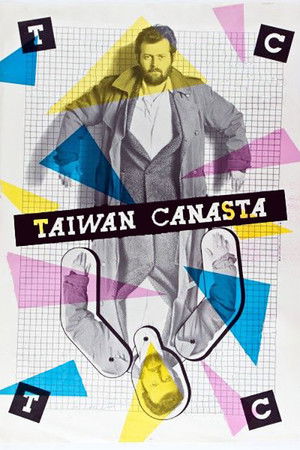 6.1
6.1Taiwan Canasta(sh)
A frustrated and unemployed architect experiences flashbacks of his youth and 1968 protests while the life passes by. Unable to adapt and to accept the reality, he’s constantly getting into conflicts with the people around him.
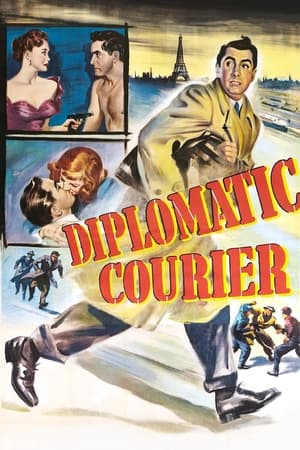 6.0
6.0Diplomatic Courier(en)
During the Cold War, diplomatic courier Mike Kells must retrieve a dispatch containing top-secret intelligence. But when he arrives at the meeting point, a train station in Salzburg, his contact turns up dead, and the message is nowhere to be found. With no clear suspect in sight, Kells must sort through his uncertain relationships with two women, while sidestepping the pitfalls of subterfuge, sabotage and spies in his search for the documents.
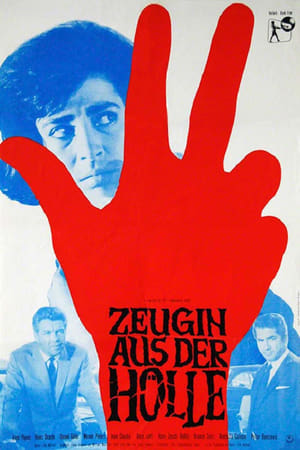 6.7
6.7Witness Out of Hell(de)
Leah Weiss, a Polish Jew, was first forced into prostitution at Auschwitz. Afterwards, she was victimized in medical experiments. Now, twenty years later, German war crimes prosecutors hope she will be their star witness. But can she stand up to the shame, the publicity, and the reliving of those experiences?
 5.9
5.9Lovers(en)
A French woman falls in love with a Yugoslavian man, not realizing that he is an illegal immigrant.
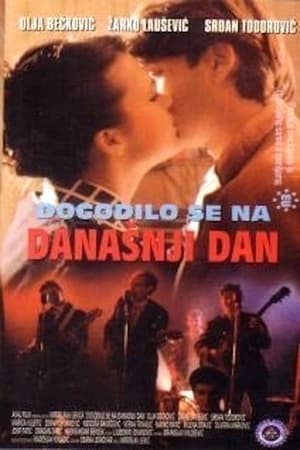 6.3
6.3It Happened on This Very Day(sh)
Belgrade in 1963. In a yard surrounded by buildings, a group of young people of different backgrounds and social status, but of similar views about love and self-affirmation, spend their time together. Their friendship is dyed with various events typical for socialism, such as working actions or Youth Day's parade. All what happens within this yard may become an allegory of one generation's destiny.
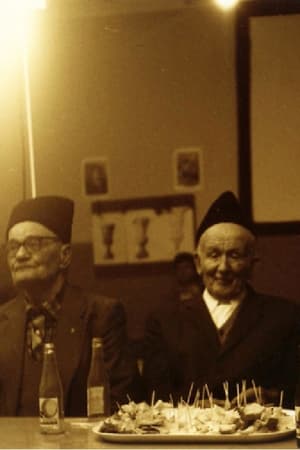 0.0
0.0The Illness and Recovery of Buda Brakus(sh)
The protagonists of this docudrama are old farmers who migrated to Banat after the First World War, in 1922. The film is focused on a couple of important events in their impressive lives, which are woven into lively scenes and stories full of wise instances. Their statements become spontaneous recounts of the lives of people in this region.
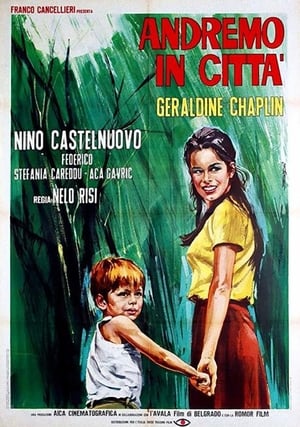 7.8
7.8We'll Go to the City(it)
"Andremo in città" (We'll Go to the City) is a 1966 Italian drama film directed by Nelo Risi. It is based on the novel of the same name by Edith Bruck, Risi's wife. Bruck, a Hungarian concentration camp-survivor, settled in Italy after the Second World War and wrote about her experiences in autobiographical and fictional formats.[1] The film stars Geraldine Chaplin and Nino Castelnuovo.
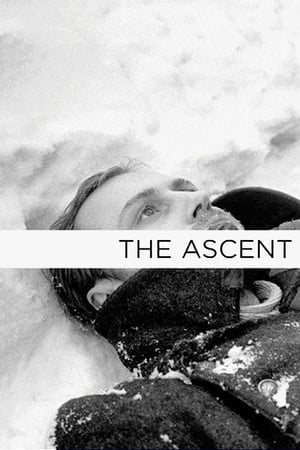 7.8
7.8The Ascent(ru)
Two Soviet partisans leave their starving band to get supplies from a nearby farm. The Germans have reached the farm first, so the pair must go on a journey deep into occupied territory, a voyage that will also take them deep into their souls.
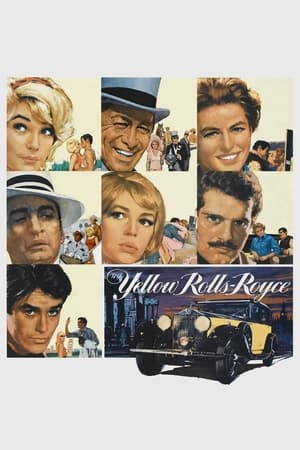 6.1
6.1The Yellow Rolls-Royce(en)
One Rolls-Royce belongs to three vastly different owners, starting with Lord Charles, who buys the car for his wife as an anniversary present. The next owner is Paolo Maltese, a mafioso who purchases the car during a trip to Italy and leaves it with his girlfriend while he returns to Chicago. Finally, the car is owned by American widow Gerda, who joins the Yugoslavian resistance against the invading Nazis.




